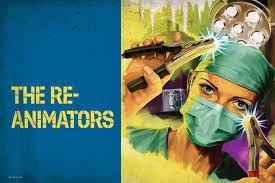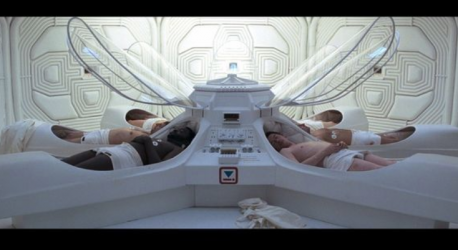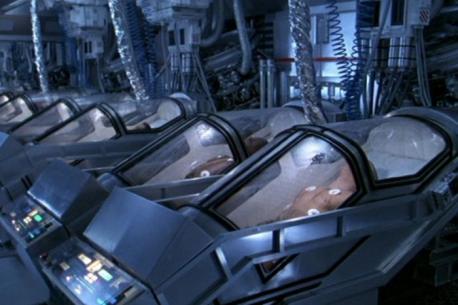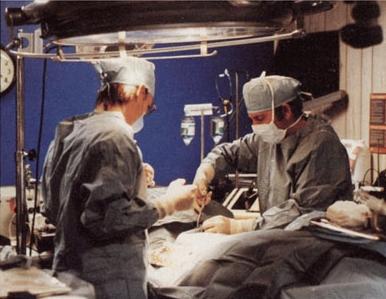Results: Back from the dead
Published on 11/26/2019
(Source: Popular Science) Bringing people back from the "dead" is not science fiction anymore. Typically, after just minutes without a heartbeat, brain cells start dying, and an irreversible and lethal process is set in motion. But when a person becomes severely cold before his heart quits, his metabolism slows. The body sips so little oxygen that it can remain in a suspended state for up to seven hours without permanent cell damage. Thanks to improvements in technology (like the cardiac bypass machine that saved Dwyer's life) and medical understanding, the odds are getting better for coming back from the edge. They are so good, in fact, that some doctors and scientists are testing a bold new hypothesis: What if you could induce a near-death state in order to save lives? If it can be done, it could be a game changer for saving some of the nearly 200,000 Americans who die each year due to trauma injuries. By essentially pressing "pause," doctors might be able to buy precious time that could mean the difference between life and death.

QUESTIONS
GO to COMMENTS
Comments
1.
1.
Were you aware before reading the introduction that the human body can be "paused" for around seven hours without getting cell damage?

Yes
22%
509 votes
No
78%
1783 votes
2.
2.
Were you ever re-animated?

Yes
5%
111 votes
No
77%
1765 votes
Not Applicable
18%
416 votes
3.
3.
If you were brought back from the dead, for how long were you "paused"?

Less than 10 minutes
3%
80 votes
Between 11 minutes and an hour
3%
65 votes
two to three hours
2%
47 votes
4 to 5 hours
1%
31 votes
6 to 7 hours
1%
19 votes
Not Applicable
89%
2050 votes
4.
4.
Saving patients in hospitals full of cutting-edge equipment is one thing. Saving them on the battlefield, where the nearest facilities could be hundreds of miles away, is another. That's the challenge that plagues—and motivates—Matthew Martin, the active-duty surgeon. After four tours in Iraq and Afghanistan, Martin is trying to achieve the same results as Tisherman—without extensive equipment that would be impossible to bring to the front lines. That means using chemicals—not cold—to slow the body's clock. "The question," says Martin, "is, 'Can we decrease the person's demand for blood so even for a period of time, he actually doesn't need blood flowing?' That would be the ultimate goal." This would be a great hope for soldiers, or people who live far away from a hospital. Would you like to see this project being successful and affordable?

Yes
48%
1097 votes
No
12%
282 votes
Undecided
40%
913 votes
COMMENTS


